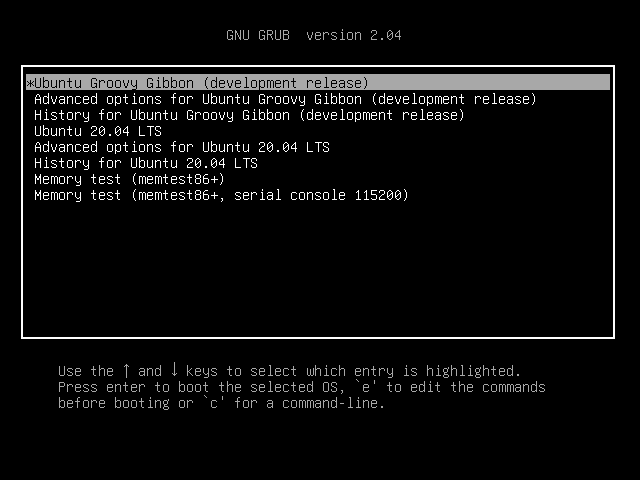

In the past I had to run all my own infrastructure to do this, as the data was in the clear. ZFS is absolutely amazing to use as a home NAS that does daily (or more) snapshots and then nightly differential syncs to a second location. However, I also am very excited about encrypted ZFS for one main reason: backups. That said, I generally agree with you in that do one thing and do it well is a laudable design goal. I wanted to say "as someone who tends to follow the unix philosophy" and realized the irony of saying that regarding ZFS. It's good, but lying about what it is and isn't is a good way to burn peoples faith. Trying to actually sit down at a terminal and sell unconvinced people on it opened my eyes quite a bit. I say this as someone who has been a NixOS developer and user for like, ~7 years and who apparently(?!) has over 1,000 commits to the tree now, too. Saying it's "the easiest distro to use" is a complete joke, and I wish fellow NixOS users didn't have some weird propensity to practically lie about how good it is on that front. But that's just the reality: it's an extremely powerful tool that has many rough edges. But only once you know what you're doing. And it makes some thing far more difficult than that, nearly trivial. There are an array of flaws with the tools but, despite that, they are unbelievable powerful and you can do things in NixOS you can't dream of doing elsewhere, and it makes things like using OpenZFS or whatever pretty easy and simple. Even things like basic GUI installers that can set up your filesystem don't exist! Manually screwing with partition layouts to get volume encryption isn't easy to use at all, honestly. Admittedly I think we're better off than we were 7 years ago, but it's still not a grand slam. I think I spent something like 3 weeks porting my server configuration from Ubuntu to NixOS, by hand, piece by piece, many years ago. Despite the prosthelytization you'll get from many died-in-the-wool users who forgot what it was like in the beginning, in order to use NixOS effectively you either need to learn Nix, or be willing to spend a lot of time on IRC asking questions, which will end up with. I'm sure it's possible to trash a ZFS volume but it's stood strong on some pretty dubious hardware configurations for me and where most other file systems would have failed. Not to mention frequent unscheduled power cuts, kernel panics (unrelated to ZFS), and so on and so forth. It's worked flawlessly when SATA controllers have died (one motherboard would randomly drop HDDs when the controllers experienced high IOPS - which would be enough to trash any normal file system but ZFS survived it with literally no data loss). If Btrfs only works when hardware is behaving then that is absolutely a problem with Btrfs.Īs for my experience with ZFS, it's kept consistency when disks have died. Heck, even in the 90s this was a known problem hence chkdsk on DOS marking bad sectors to somewhat mitigate data corruption on FAT file systems. ZFS was very much intended to be resilient when faced with bad hardware. That's the whole point of raiding and checksumming.

Next gen file systems are supposed to be resilient even if hardware fails. Nice.> if you dig deep enough into the problem, often the hardware is found to be at fault
Debian openzfs 2.0 update#
So even if a newer kernel module version is installed, new functionality is not fully accessible.įortunately, Jonathon F provides newer ZFS packages in this PPA: Īfter adding the PPA, the newer ZFS tools (2.0.4, released Mar 9, 2021) can be installed via apt update & apt upgrade. Now the only problem is that the ZFS tools included in package zfsutils-linux are still on version 0.8.3-1ubuntu12.9. Not the latest 2.x release to date, but that will surely come soon. Latest version so far was 5.8, but still with ZFS 0.8.4 (released May 12, 2020). For better support of modern hardware, you should use those kernel versions. Ubuntu also provides more recent kernel versions by using their HWE ( linux-generic-hwe-20.04) and HWE Edge ( linux-generic-hwe-20.04-edge) packages. Of course that's stable, but also quite old already. Ubuntu Linux 20.04 LTS normally comes with kernel 5.4, with built-in ZFS version 0.8.3 (released Jan 23, 2020). On, OpenZFS version 2.0 has been released with plenty of new features and performance improvements:


 0 kommentar(er)
0 kommentar(er)
